Understand
Jordan, an independent nation since 1946, has a rich history shaped by its pragmatic rulers and their ability to navigate the pressures of major powers and regional conflicts. King Hussein, who ruled from 1953-1999, successfully balanced competing interests and even signed a peace treaty with Israel in 1994. His son, King Abdullah II, took over and has focused on economic reform and modernization. Jordan has also embraced international trade, joining the World Trade Organization and signing free trade agreements with the United States and the European Free Trade Association. Despite its modernity, Jordan has maintained an authentic Middle Eastern charm and is known for its friendly and liberal atmosphere. The country's culture is largely homogeneous, but there are distinct social differences between the Bedouin areas in the South and the urban centers like West Amman.
Map & Climate
Popular Foods
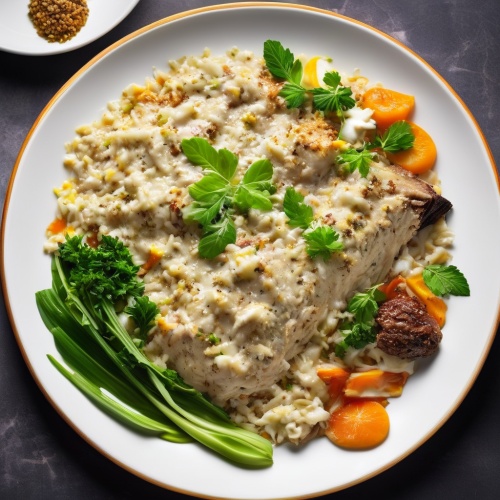 Mansaf is a traditional Jordanian dish made from lamb or other meats cooked in fermented dried yogurt called labaneh, giving the dish its distinctive sour taste. It's typically served over rice, and sometimes with pine nuts and almonds on top. Mansaf is often prepared for special occasions and family gatherings.
Mansaf is a traditional Jordanian dish made from lamb or other meats cooked in fermented dried yogurt called labaneh, giving the dish its distinctive sour taste. It's typically served over rice, and sometimes with pine nuts and almonds on top. Mansaf is often prepared for special occasions and family gatherings.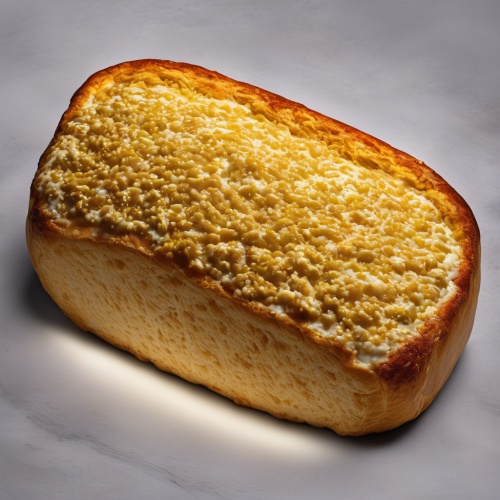 Maftool is a classic Jordanian bread made from a mixture of wheat flour, water, and salt, then baked in a wood-fired oven. This chewy, slightly crispy bread is a staple in Jordanian meals and is often used to scoop up various dips and sauces, such as hummus or baba ganoush.
Maftool is a classic Jordanian bread made from a mixture of wheat flour, water, and salt, then baked in a wood-fired oven. This chewy, slightly crispy bread is a staple in Jordanian meals and is often used to scoop up various dips and sauces, such as hummus or baba ganoush.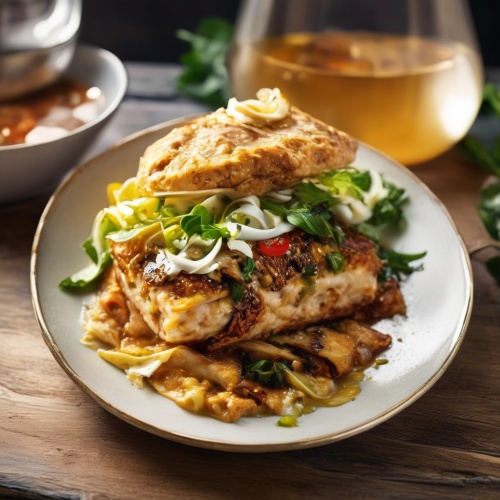 Shawarma is a popular street food in Jordan where marinated meat, typically chicken, beef, or lamb, is slowly roasted on a vertical spit. The thin slices of meat are served in warm pita bread, often accompanied by vegetables and a selection of sauces such as tahini or garlic sauce. Shawarma is enjoyed across the region for its juicy, flavorful taste and convenience.
Shawarma is a popular street food in Jordan where marinated meat, typically chicken, beef, or lamb, is slowly roasted on a vertical spit. The thin slices of meat are served in warm pita bread, often accompanied by vegetables and a selection of sauces such as tahini or garlic sauce. Shawarma is enjoyed across the region for its juicy, flavorful taste and convenience.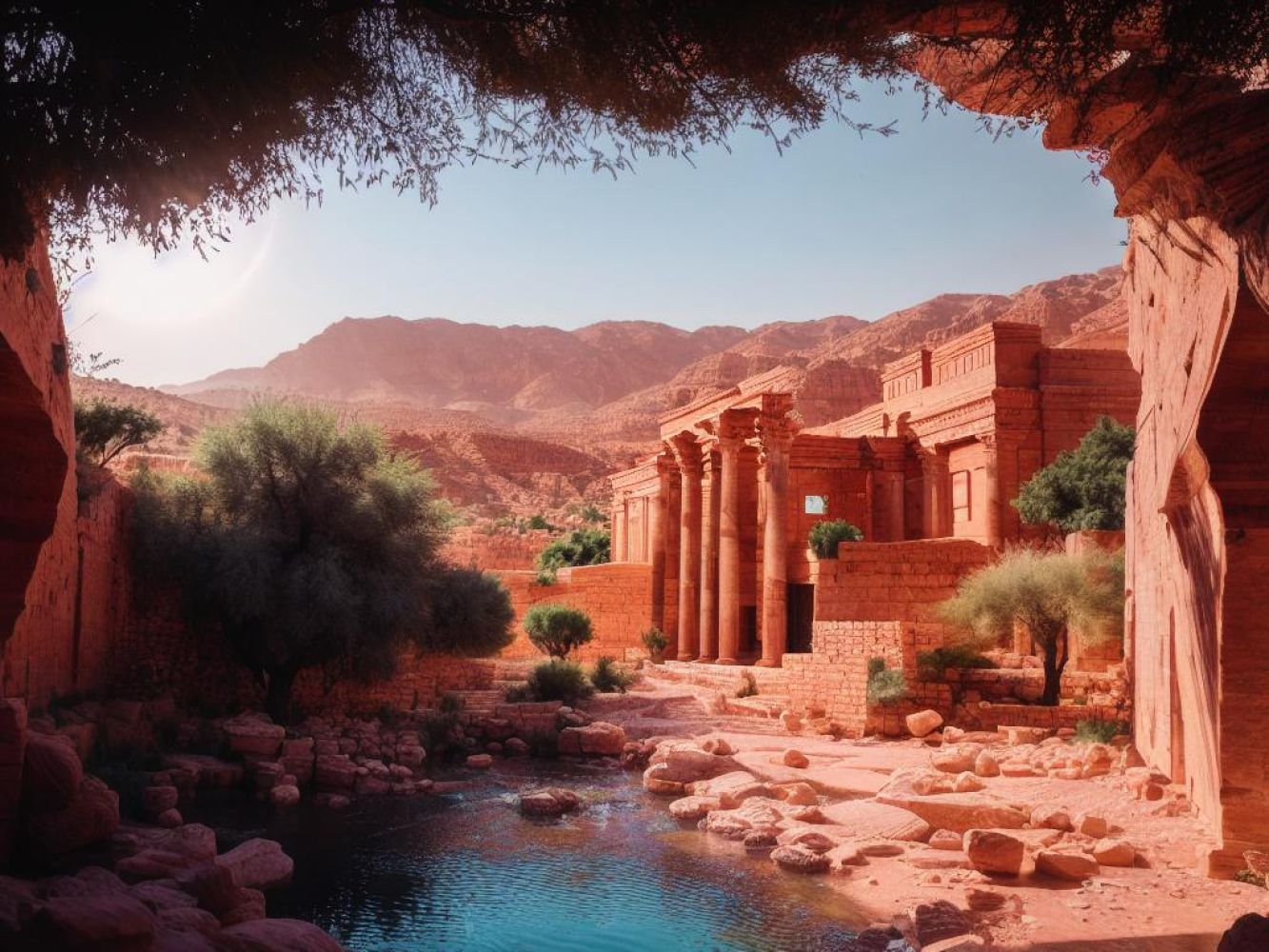

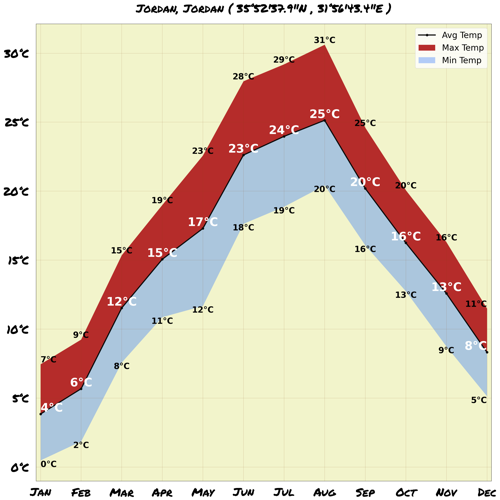

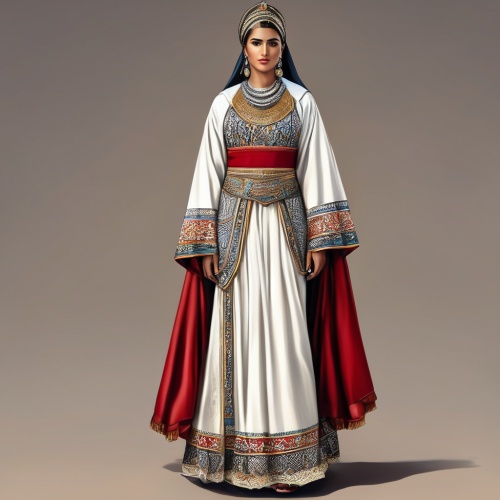
Comments
NO COMMENTS